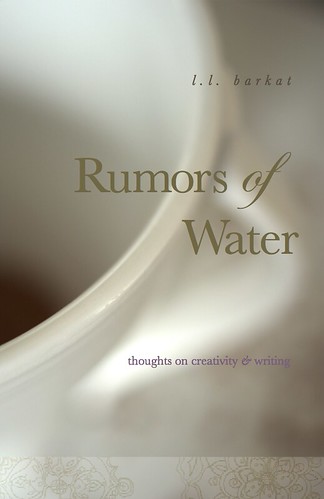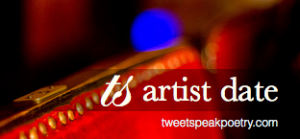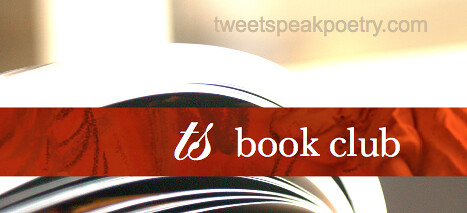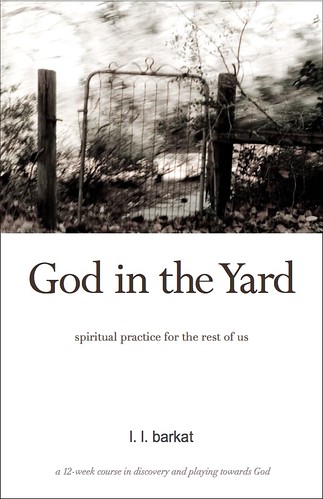Lilac Villanelle (Or I Killed Two Birds)

I caught sight of the lilacs outside my window, new-watered by the rain. And I thought to write the moment down. Fun, I thought, if I could capture both of the challenges of this week— a villanelle and I look at you, as if for the first time...
This is what drifted in on the breeze.
'At the Window'
I look at you, as if
for the first time, purpled
against the fading gift
of day. I gingerly lift
the glass, decades-rippled
and I look at you, as if
these years had not a rift
between you and me created
against the fading gift
of fragrance, lilac shrift
upon the wind unstated
and I look at you, as if
for the first time adrift
on the wind, unrelated,
and I look at you as if
against a fading gift.
(Somehow my wires got crossed and I had the words 'thrift' and 'shrift' mixed up. I sensed this and looked up the word 'shrift.' It wasn't a word I would have chosen, considering the initial direction I had for the poem. But I accepted it as a gift and used it. The word means 'confession to a priest.')
Lilacs Near the Window photo, by L.L. Barkat.
POETRY FRIDAY:
High Calling Blogs RAP: Bend to Beginnings. Includes a new poetry writing prompt.
Monica’s Her Hands
Yvette’s Through You
Jim's First Sight
Deb's Unearthly Humus
Jennifer's Words in the Wind
LL's A Song of Sudan
LL's daughter's The Garden Still
Laure's And We Can Remember
Erica's Link in the Golden Chain
nAncY's Daydream
Joelle's Begin Again
Brian's Titles into Poems
Laura's The Pen
Marcus's A Noiseless Patient Zombie
LL's Sides, at Catapult Magazine
Labels: high calling blogs, poetry, random acts of poetry, Villanelle
![Reblog this post [with Zemanta]](http://img.zemanta.com/reblog_e.png?x-id=0365e48c-64e7-4b03-9702-c4addcec62ca)
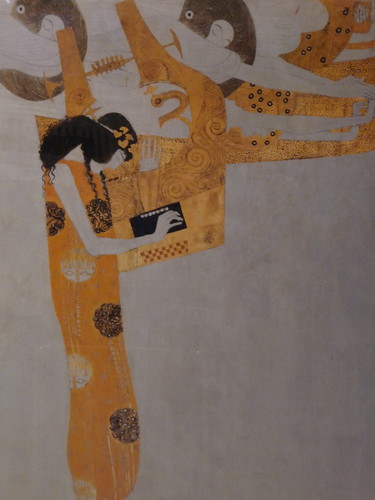
![Reblog this post [with Zemanta]](http://img.zemanta.com/reblog_e.png?x-id=ee6abef8-8b96-423b-8fb0-12b19f8dcfa1)



